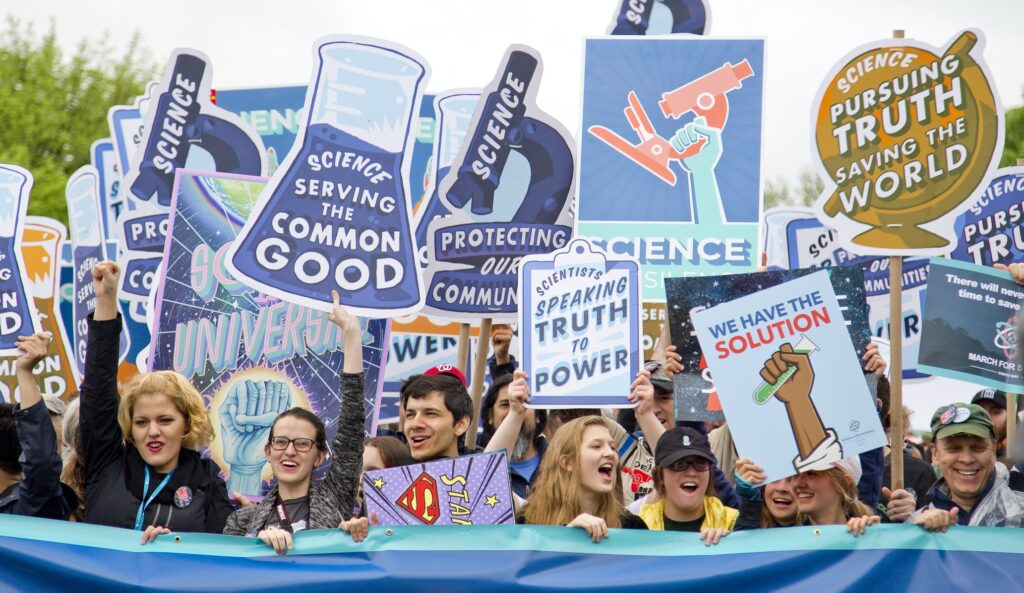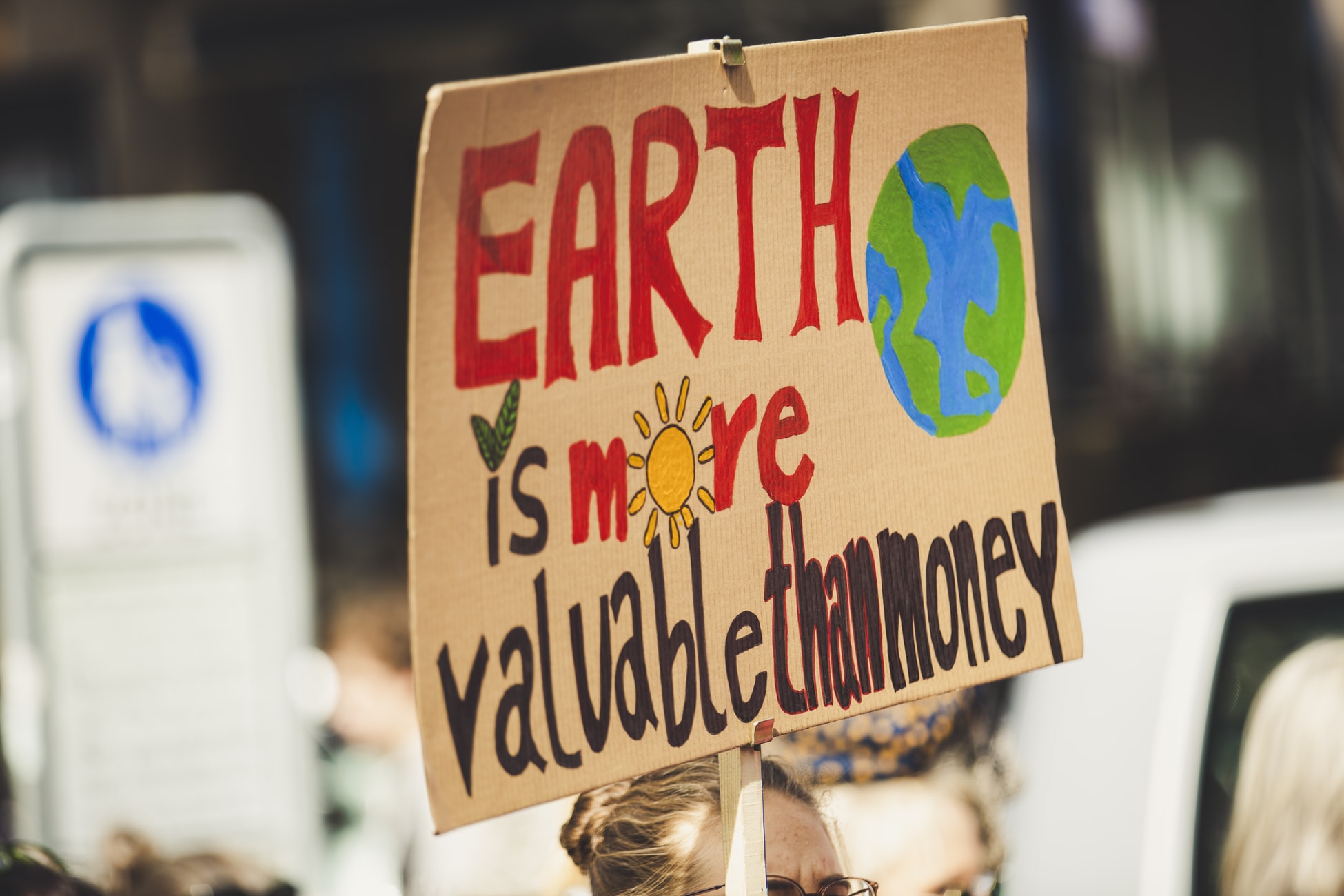Science: It’s not Just About the Facts Anymore
This year has been one hell of a ride. Within the scientific community, the growing consensus to make science a political issue has gained considerable traction over the last four years. The events of 2020 have only made the relationship between science and politics more explicit. COVID-19 and the current climate crisis should have science at their center, but it doesn’t.
Business as Usual

When the government ignores the science, it’s the communities of color that are the most disproportionately affected. These disparities in our black, brown and indigenous communities are the result of pre-pandemic realities. Because this is the legacy for so many, the structural discrimination has limited access to health and wealth for black, indigenous people of color.
At the time of this posting, more than 236,000 people have died from COVID-19. And as our country continues to grapple with the pandemic, our current administration still holds the mantra that “science shouldn’t stand in the way” of business as usual.
However, there may be change on the horizon. As ballots were counted last week, Joe Biden was declared the winner of the presidential election and is now our President-elect. Over 145 million people voted in this election. Hopefully, this new administration will finally allow the science to lead the way in the formation of policy.
Science Leading the Way

Scientists are trained to think about the lasting impacts of their research, the next steps. Through critical thinking and detailed analysis, scientists can then come up with potential solutions. Why can’t this process be applied to policy? The scientific process has often confined to science topics only but it’s important, almost necessary, to realize that analyzing politics with scientific rigor can help to create a more conducive outcome.
For a long time now women have been leaders in the environmental movement. Rachel Carson, who wrote Silent Spring, took on the chemical industry and raised important questions about humankind’s impact on nature. Wangari Maathai, a Nobel laureate, spent her life promoting intersectional environmentalism and founded the Greenbelt Movement.
Today, many more have joined the cause including Dorceta Taylor, Christiana Figueres and Mari Copeny. These women and many others are continuing the legacy of advocating for science and science-based policies.
It Starts in the Classroom

Students interested in STEM are finding opportunities to become more civically engaged. Just like how scientists and activists discuss pertinent scientific issues, students should be able to discuss how scientific advancements affect society. Examples like CRISPR gene editing or space exploration can help expand on curriculum that can sometimes be rigid.
Lessons can be taught on how science can be grounded in justice, like with the sustainable farming movement. Another idea is that classrooms could highlight current events in politics that influence scientific data and its use. Helping students make these connections is important in their development to think critically about their communities.
For scientists, citizens and activists, we must all advocate for science. And in the end, what it all comes down to is this: science and everyday life cannot and should not be separated.
